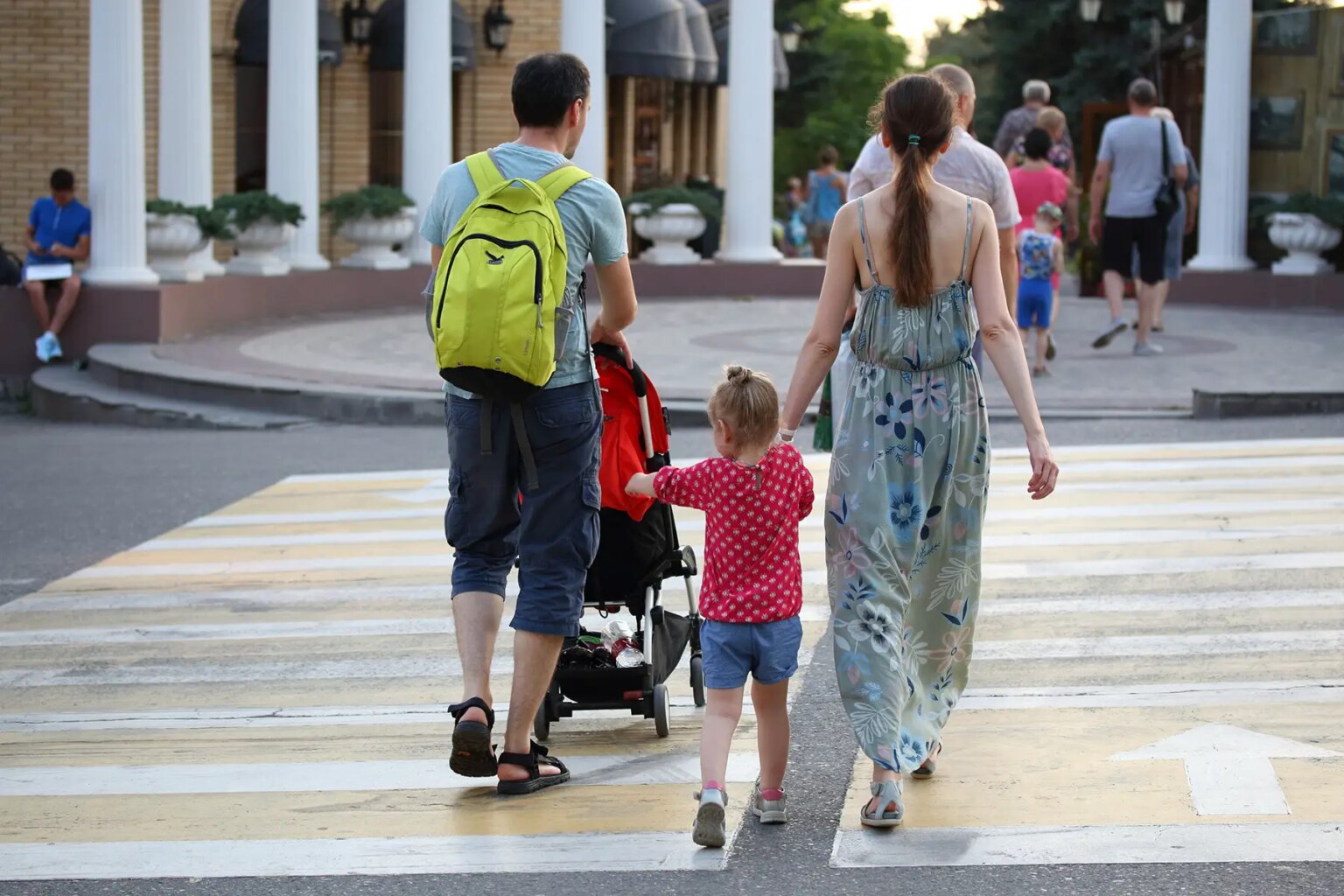Important notice from the Editor in Chief
Maintaining our Russian site is a delicate matter during the war. We have chosen to keep its content online to help our readers, but we cannot ensure that it is accurate and up to date. Our team endeavors to strike the right balance between giving information to those who need it, and respecting the gravity of the situation.
Russian adoption law
Under Russia’s adoption law, local court judges in the area where the child lives approve adoptions. The judge’s decision is based on a review of the various documents in the case, and a closed court hearing which usually lasts about an hour. The law requires adopting parents to attend the hearing. Judges sometimes agree to waive one parent’s presence when there are compelling medical or personal reasons for the request. In a few regions, an adoption agency employee may represent the parents at the hearing. Most parents say that their court hearing was thorough, professional and friendly. Many describe it as one of the most moving and memorable elements of their adoption experience.
Although the judge issues a decision on the day of the hearing, it takes another ten days for the judgment to take effect. Appeals are possible during this time. In fact, many judges waive the 10-day waiting period. This is entirely up to the judge and depends somewhat on the region, however.
How the adoption process works
To begin adoption proceedings, prospective parents ask the Ministry of Education for information on children available for adoption. They may make specific requests for the type of child they wish to adopt (e.g., age, gender, disabilities, sibling groups). Parents can also receive information on the children from the Federal Ministry of Education’s Central Data Bank.
When the prospective parents identify an orphan they wish to adopt, they submit a formal adoption application to the court where the child lives. The following documents must accompany the application:
- the couple’s marriage license. If unmarried, the prospective adoptive parent submits their birth certificate;
- recent medical reports on the prospective parents’ health;
- a certificate from their employer(s), verifying their job position;
- a declaration of income;
- evidence the prospective parents have permanent housing;
- the results of a home study by state authorities.
Local child-welfare representatives submit the following:
- the child’s birth certificate;
- a medical report;
- documents confirming the child is in the Central Data Bank of orphans and that no Russian citizens applied to adopt the child;
- a statement from the local authorities that adoption is in the child’s best interest;
- if the child is over 10, a statement of their consent to the adoption;
- if the child is under 10, a statement from their natural parents agreeing to the adoption, or documents explaining why parental consent isn’t necessary;
- consent from the director of the institution where the child lives.
Once the judge’s decision takes effect, the new parents receive parental rights. A copy of the court decree must be sent within three days to the local civil registry office. When the adoption is registered, the new parents can apply for the adoption certificate, a new birth certificate (with the child’s new name and showing them as the child’s parents), and passport.




